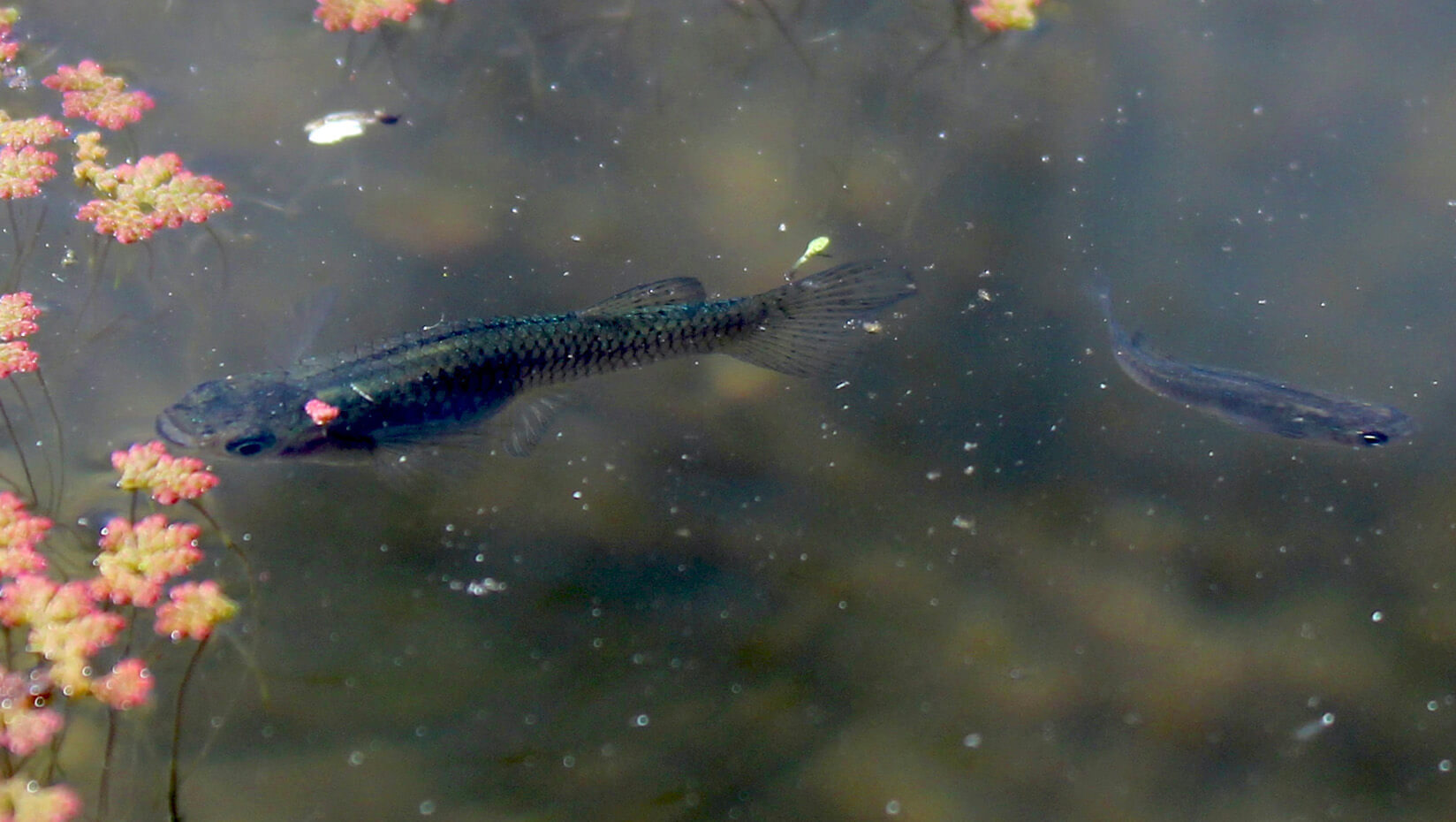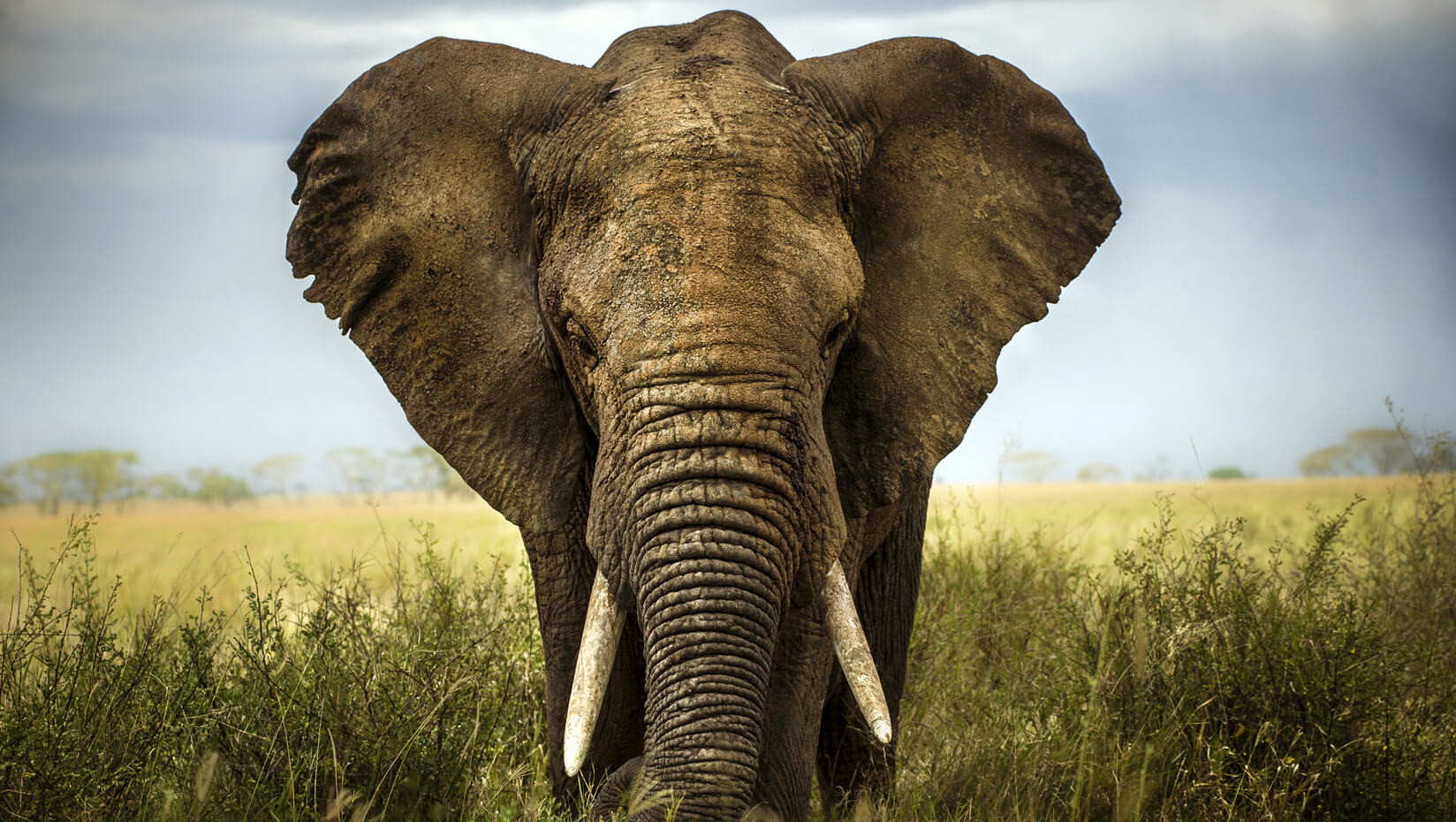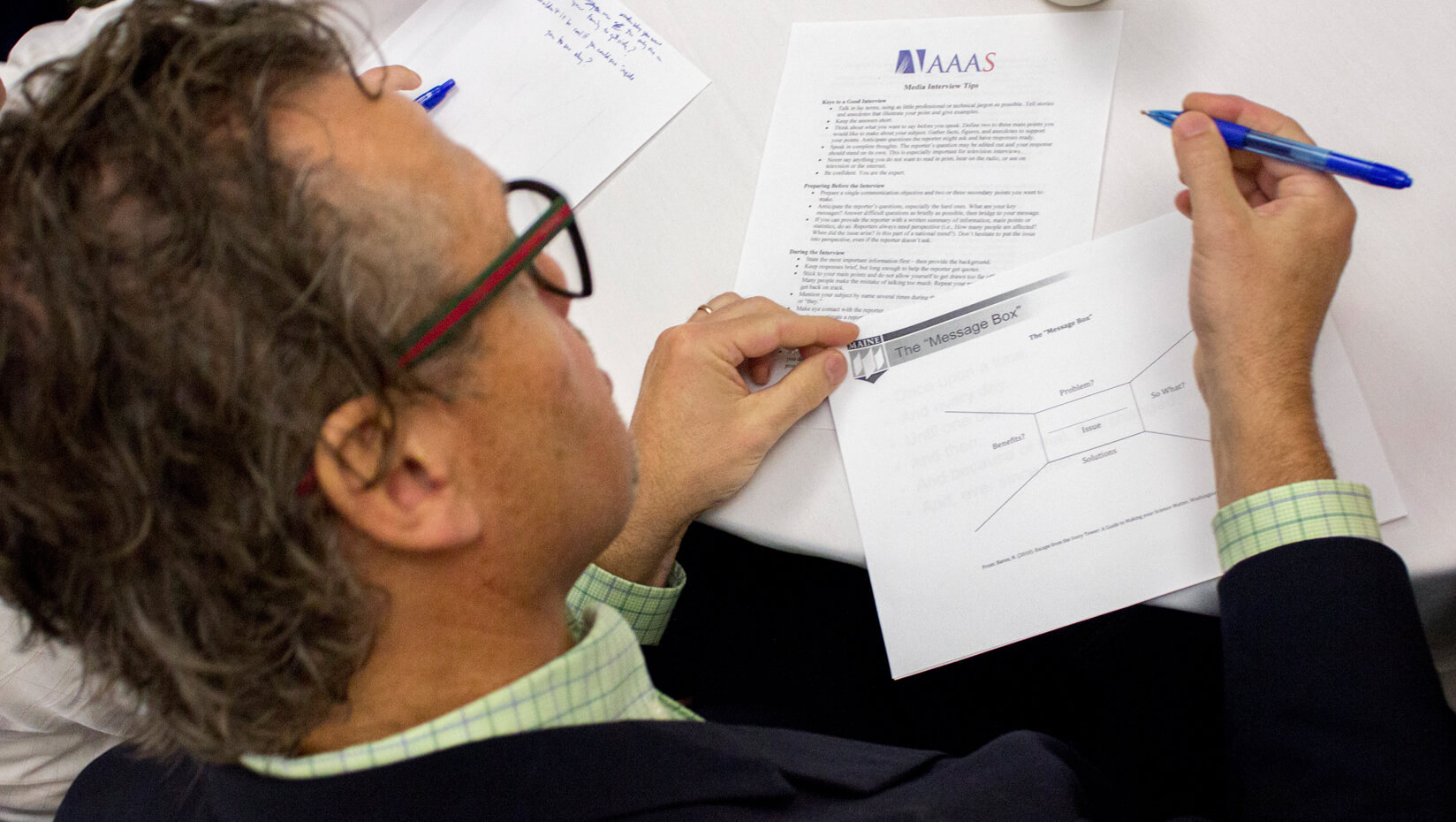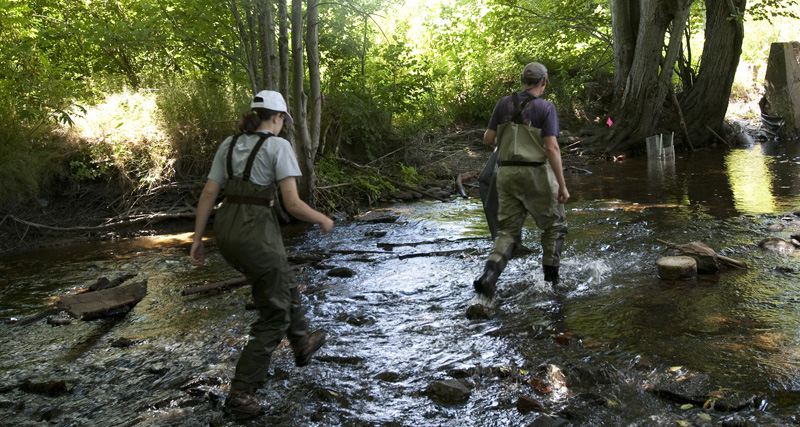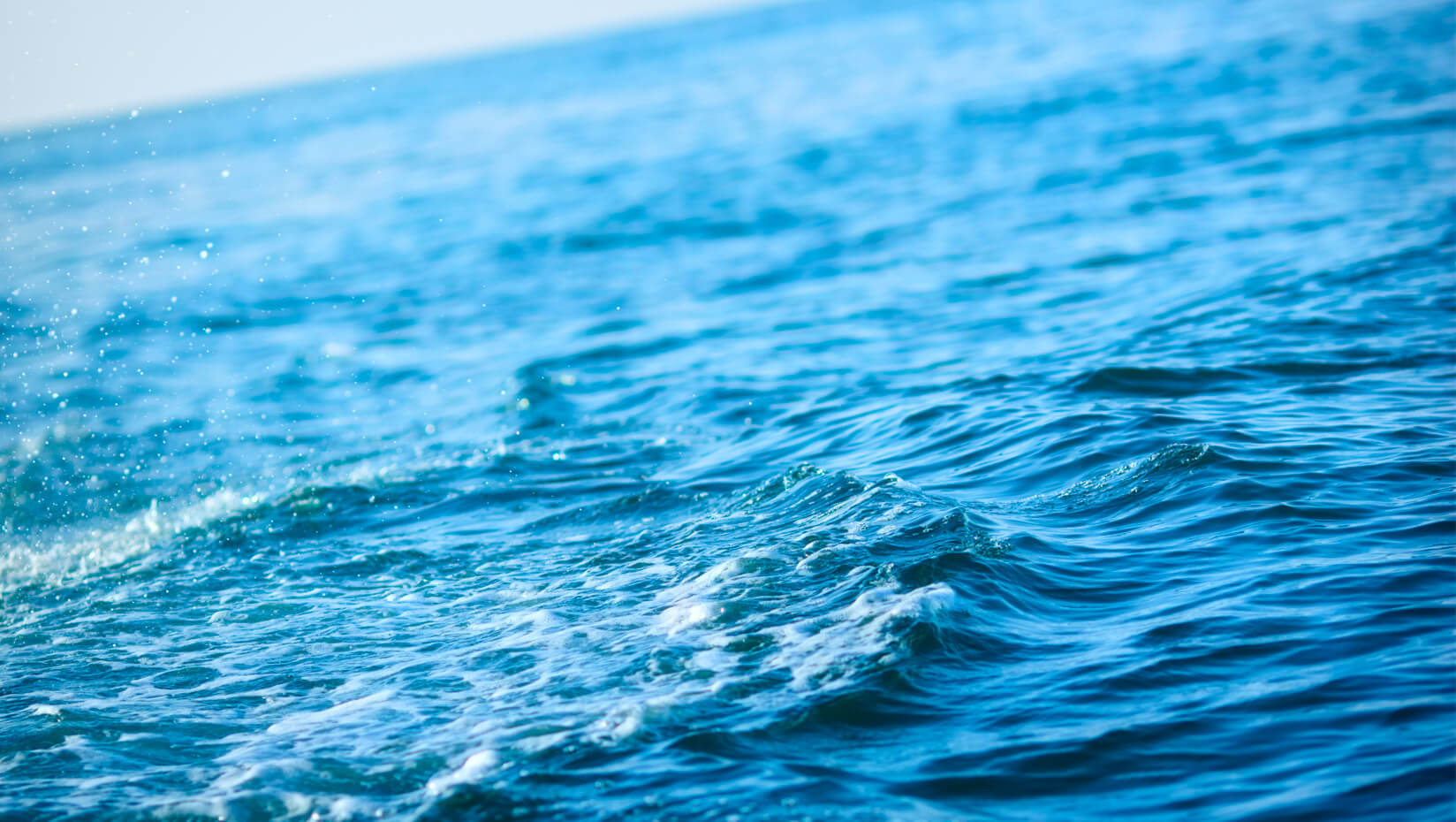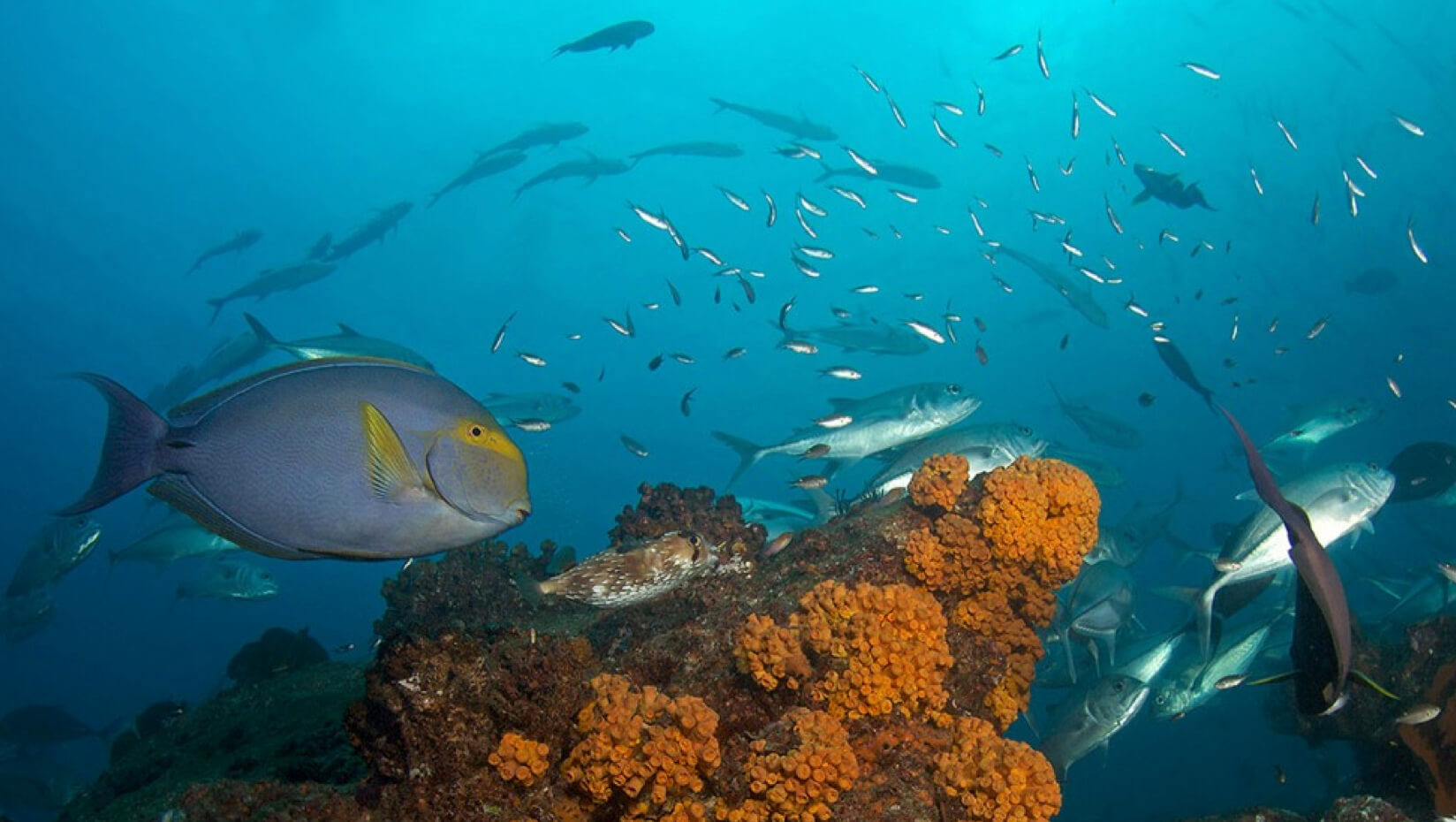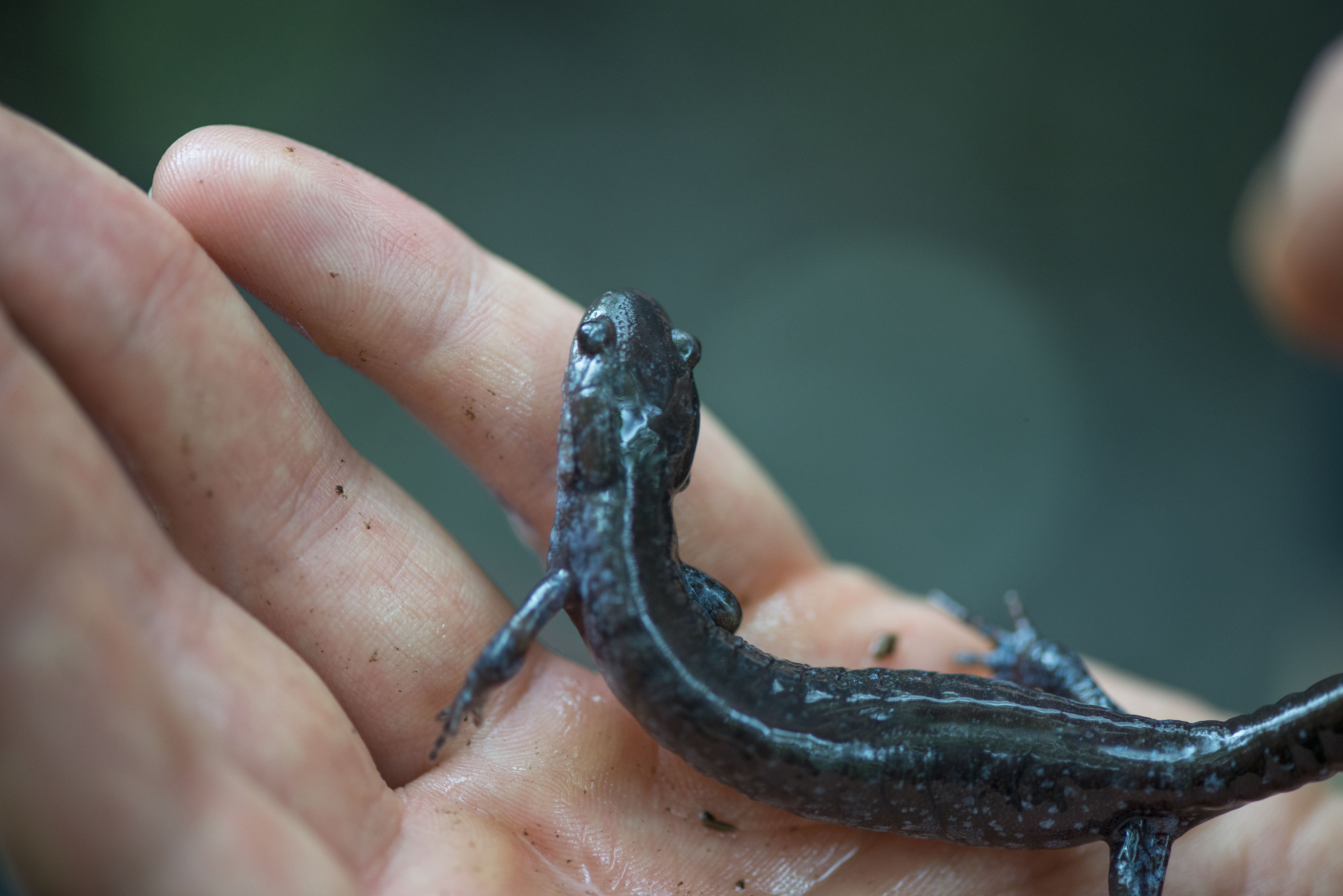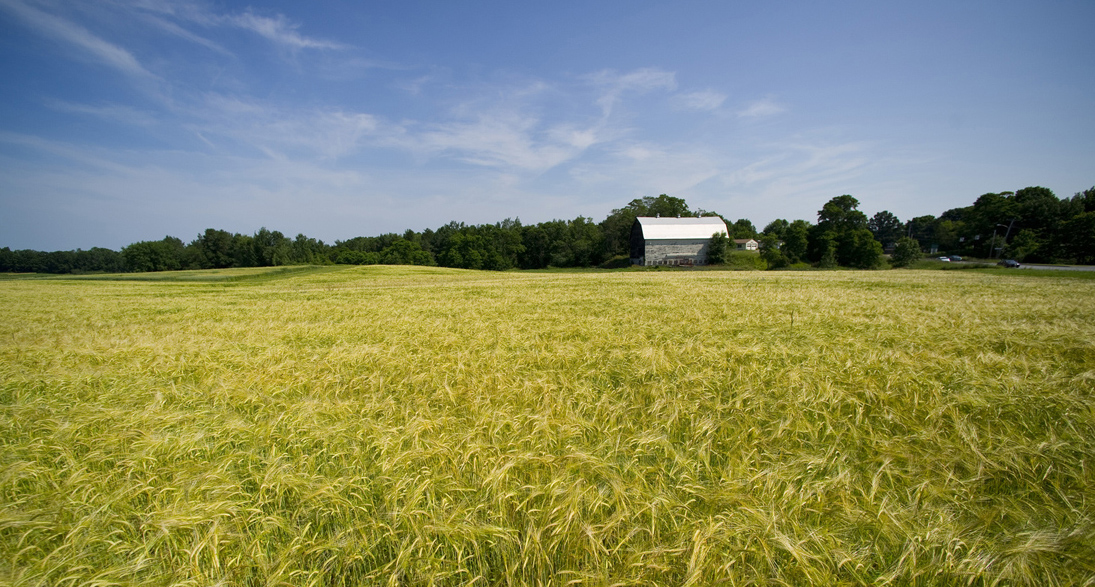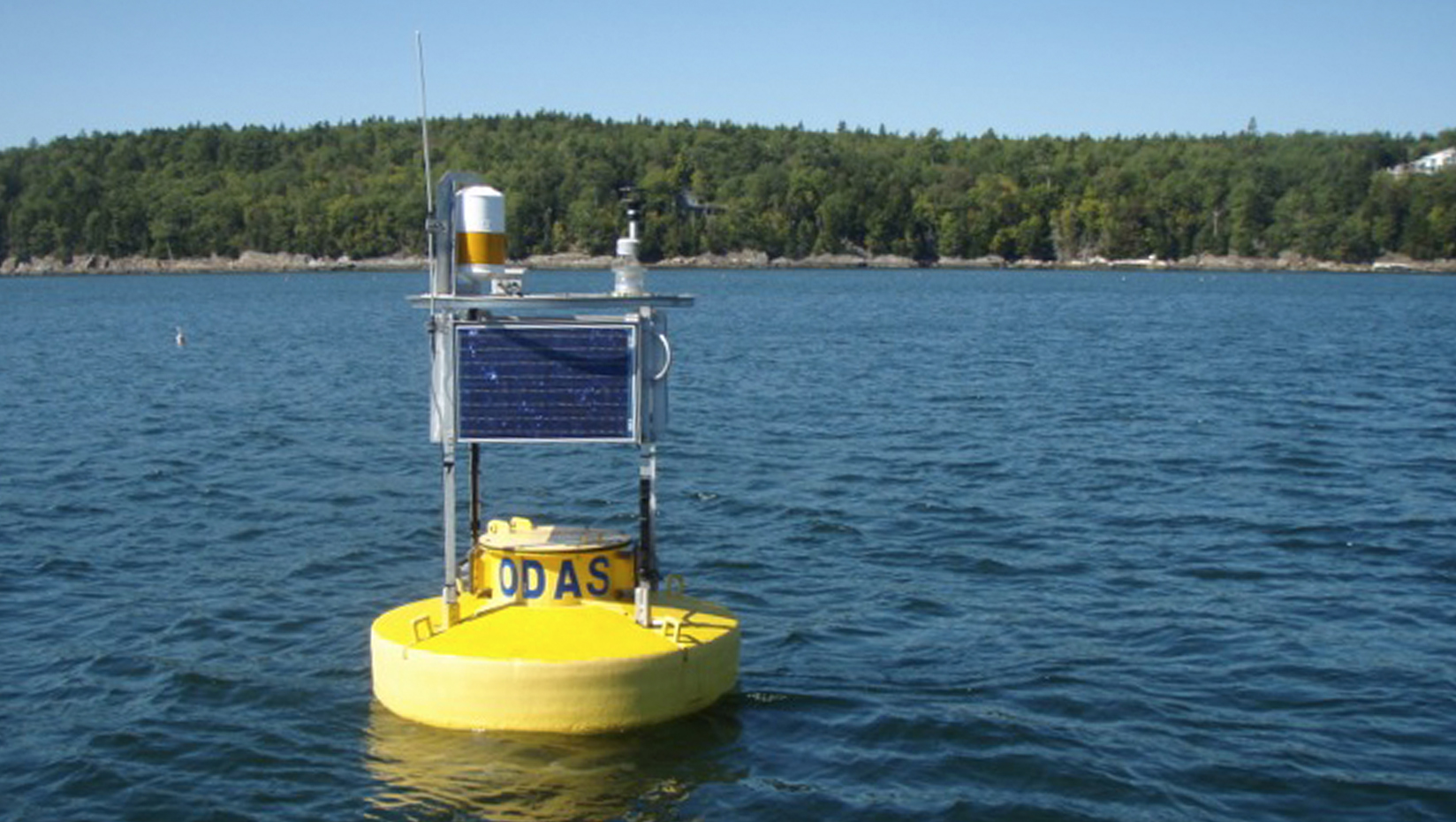Female invaders are ecologically stronger than males
Males and females of many species are often visibly different from one another. Scientists call these differences ‘sexual dimorphism’ and it has been studied extensively by evolutionary biologists all of the way back to Charles Darwin. But what is not yet clearly understood is how these differences impact an entire ecosystem.
Read more
